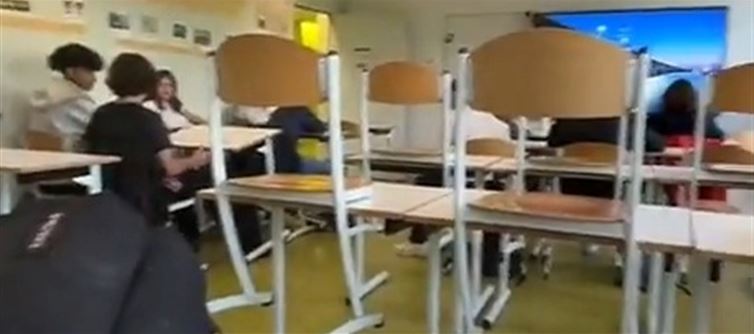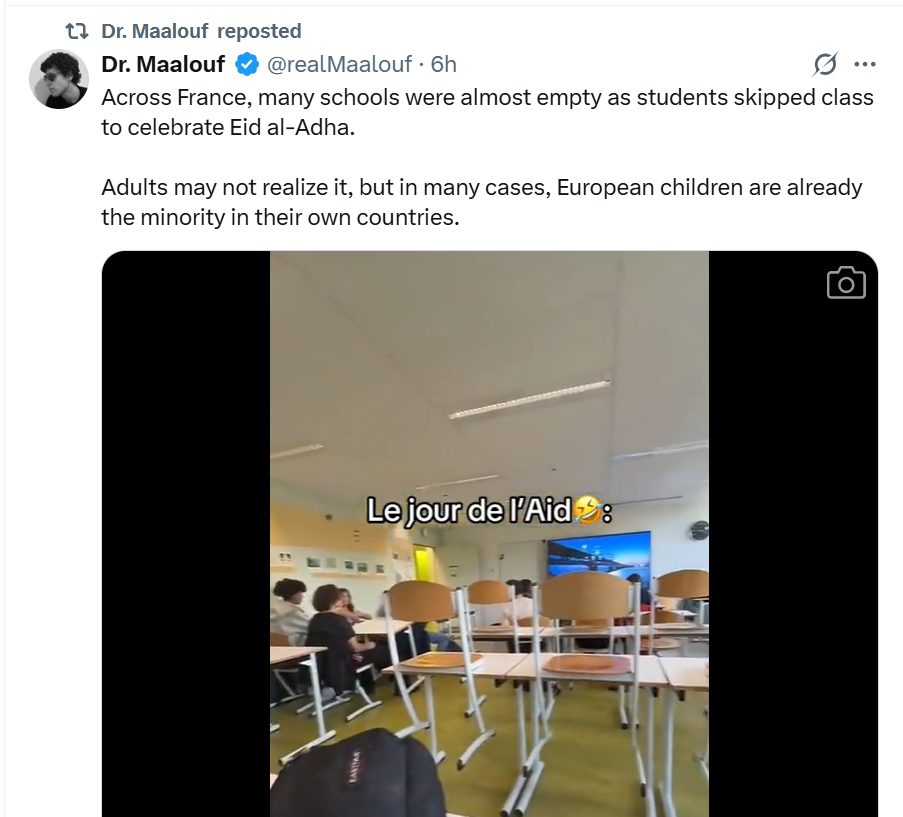
The statement that "European children are already the minority in their own countries" is a provocative claim and requires careful scrutiny. While it's true that in certain urban neighborhoods or school districts—especially in cities like Paris, Brussels, or London—children of immigrant backgrounds may outnumber those of native european descent, this is not the case on a national scale. population trends show increasing diversity, but the majority population in most european countries remains ethnically native. It's important to differentiate between localized demographic patterns and national statistics, as the two often differ significantly.
 Claims suggesting that native Europeans are becoming minorities in their own countries are frequently used in political rhetoric to fuel anxieties about immigration and identity. While demographic shifts do raise legitimate questions about integration, social cohesion, and shared values, framing the issue in terms of a “replacement” or “minority status” often leads to polarization and xenophobia. A more constructive approach would involve promoting inclusive citizenship, encouraging mutual respect, and ensuring that all children—regardless of background—have equal opportunities and feel part of the national fabric.
Claims suggesting that native Europeans are becoming minorities in their own countries are frequently used in political rhetoric to fuel anxieties about immigration and identity. While demographic shifts do raise legitimate questions about integration, social cohesion, and shared values, framing the issue in terms of a “replacement” or “minority status” often leads to polarization and xenophobia. A more constructive approach would involve promoting inclusive citizenship, encouraging mutual respect, and ensuring that all children—regardless of background—have equal opportunities and feel part of the national fabric.




 click and follow Indiaherald WhatsApp channel
click and follow Indiaherald WhatsApp channel